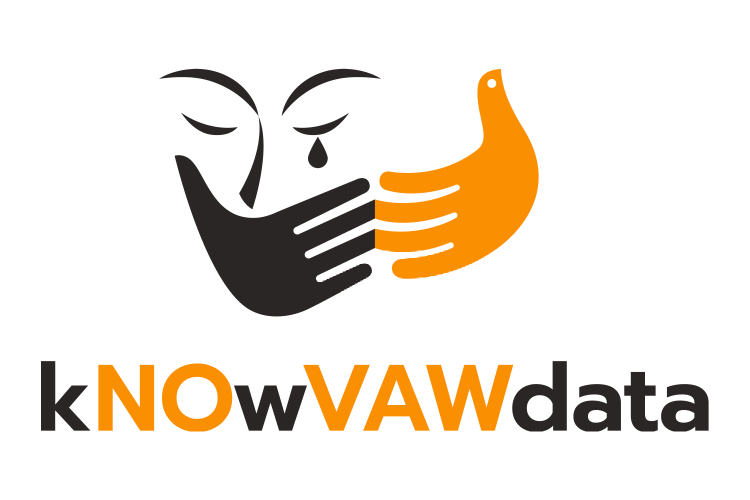Knowledge Hub

The Knowledge Hub provides links to resources supporting the measurement of violence against women and has been funded under the Pacific Spotlight Initiative. While starting with a primary focus on Pacific resources and global resources which are applicable for the Pacific region, the Knowledge Hub will continue under the UNFPA kNOwVAWdata initiative to support global knowledge exchange and a strong community of practice. The strength of this Knowledge Hub is the opportunity to share resources and support all regions of the globe.
If you would like to share links to be added to the Knowledge Hub, please send them to knowvaw-program@unimelb.edu.au.
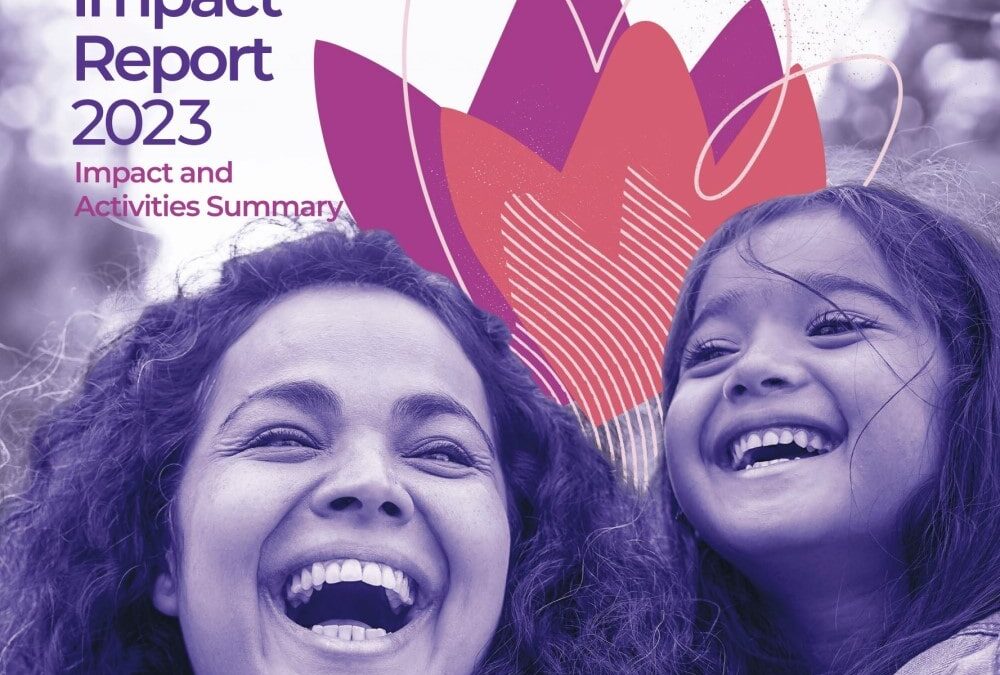
Annual Impact Report 2023 from Women’s Aid
Every year the Women’s Aid Annual Impact Report serves as a harrowing and poignant reminder of the level of domestic violence and abuse against women and children that prevails in homes and relationships across Ireland. Unfortunately, 2023 was no different. This report provides an insight into the coercive and controlling emotional, physical, economic, and sexual abuses inflicted upon women and their children at the hands of current and former intimate partners, whom we supported during just...
New Survey Methodologies in Researching Violence Against Women
This paper assesses the methodologies of the new national surveys of violence against women, including those in the US, Canada, Australia, Finland and the Netherlands, as well as the British Crime Survey. The development of large‐scale quantitative survey methodology so as to be suitable for such a sensitive subject has involved many innovations. The paper concludes with recommendations for further improvements including: the sampling frame, the scaling of both sexual assaults and range of...

Developing a measure of controlling or coercive behaviour
Initial research into new questions aimed at identifying controlling or coercive behaviour. These crimes are less likely to be reported to the police, therefore it is important we find an effective way to measure these offences. This will provide insight for policymakers, service providers and charities.
The Measurement of Domestic Abuse – Redeveloping the Crime Survey for England and Wales
The Crime Survey for England and Wales (CSEW) is a representative population survey that since the early 2000s has provided ongoing measurement of domestic abuse via a dedicated domestic abuse module, with regular publication of headline prevalence and other descriptive data. At the same time the measurement of domestic violence in the CSEW has also been the subject of ongoing debate and critique, in particular whether it is appropriate to use catch-all prevalence measures in the context of...
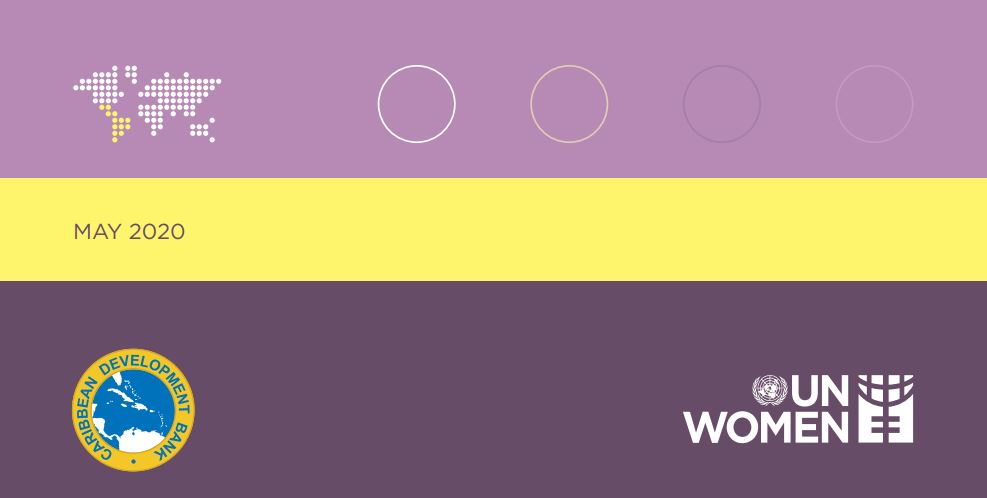
Intimate Partner Violence in Five CARICOM Countries: Findings from National Prevalence Surveys on Violence Against Women (Research Brief)
This research brief focuses on the prevalence of intimate partner violence (IPV) for each of the five countries where data was collected – both lifetime and current prevalence rates of IPV. The focus is on IPV because it is one of the most common types of VAWG. This brief also focuses on the causes and consequences of IPV, including risk factors associated with physical and/or sexual IPV at both the national and regional levels.

Violence Against Women: An EU-wide Survey – Main Results
This report is based on interviews with 42,000 women across the 28 Member States of the European Union (EU). The survey asked women about their experiences of physical, sexual and psychological violence, including incidents of intimate partner violence (‘domestic violence’), and also asked about stalking, sexual harassment, and the role played by new technologies in women’s experiences of abuse. In addition, it asked about their experiences of violence in childhood.

Violence Against Women: An EU-wide Survey – Survey methodology, sample and fieldwork (Technical Report)
This report presents a detailed overview of the research methods used by FRA when collecting survey data on women’s personal experiences of various forms of violence. FRA started to develop the survey through desk research and stakeholder consultations in 2010, followed by a pre-test study in six EU Member States in 2011 to test a draft questionnaire. The full-scale survey in the EU-28 was carried out in 2012.
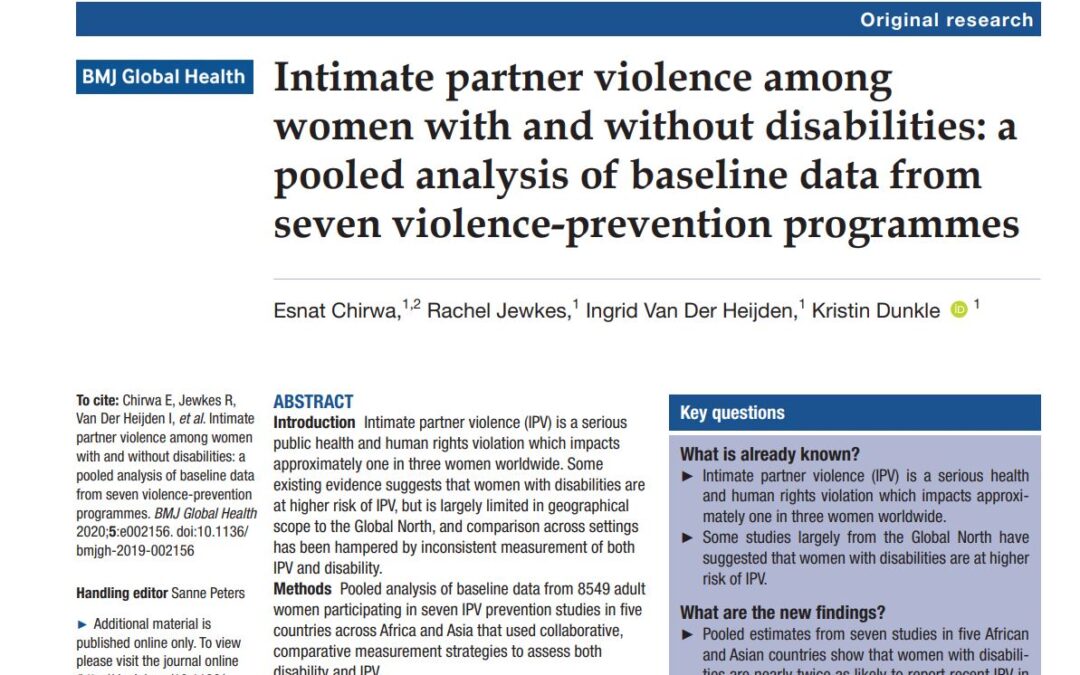
Intimate partner violence among women with and without disabilities: a pooled analysis of baseline data from seven violence-prevention programmes
Pooled analysis of baseline data from 8549 adult women participating in seven IPV prevention studies in five countries across Africa and Asia that used collaborative, comparative measurement strategies to assess both disability and IPV.
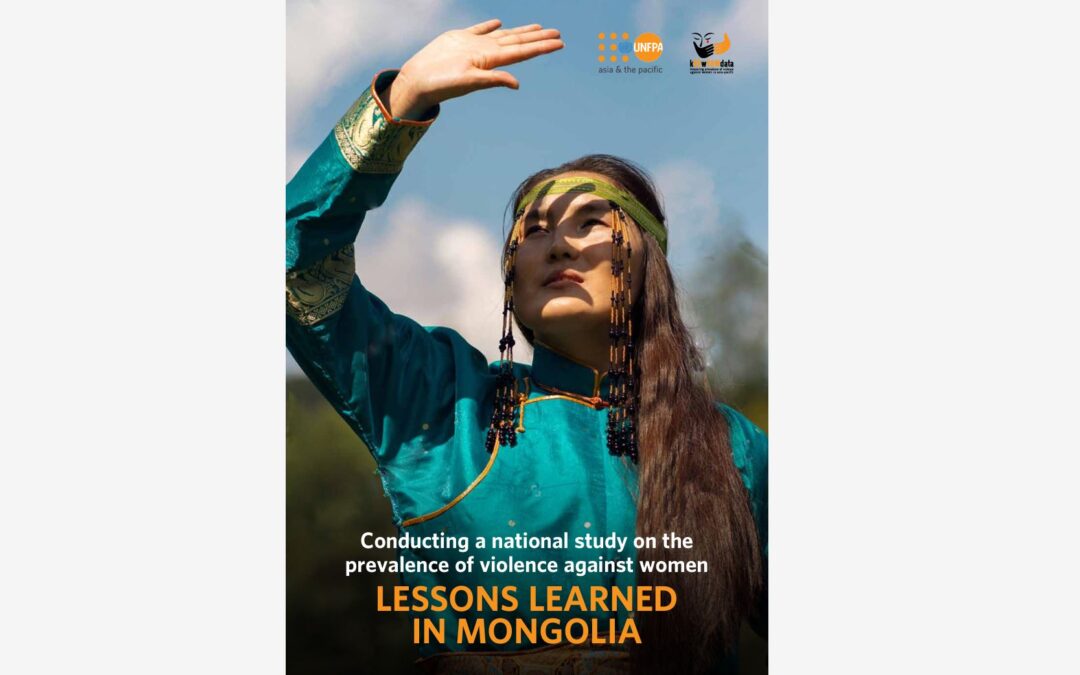
Conducting a national study on the prevalence of violence against women: Lessons learned in Mongolia
This document aims to help other program and project coordinators and researchers undertaking violence against women prevalence surveys to anticipate and address some of the challenges they may face. It contains lessons learned gathered after completing the Mongolia study and launching the results.
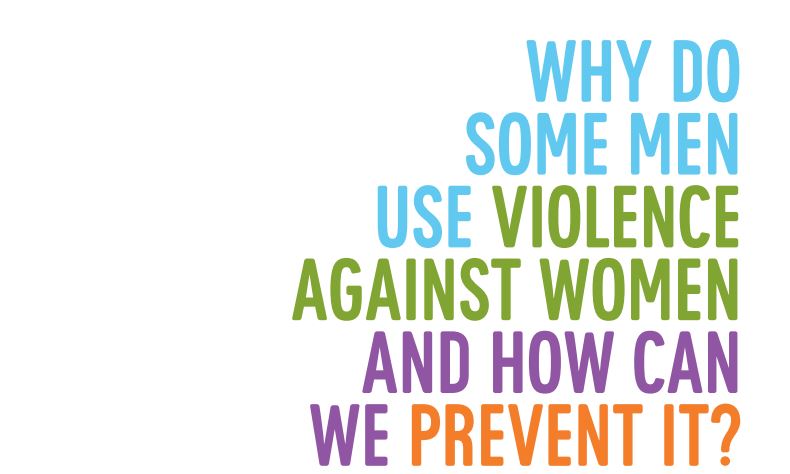
UN Multi Country Study on Men and Violence
A UN study of 10,000 men in Asia and the Pacific found that overall nearly half of those men interviewed reported using physical and/or sexual violence against a female partner, ranging from 26 percent to 80 percent across the sites studied.
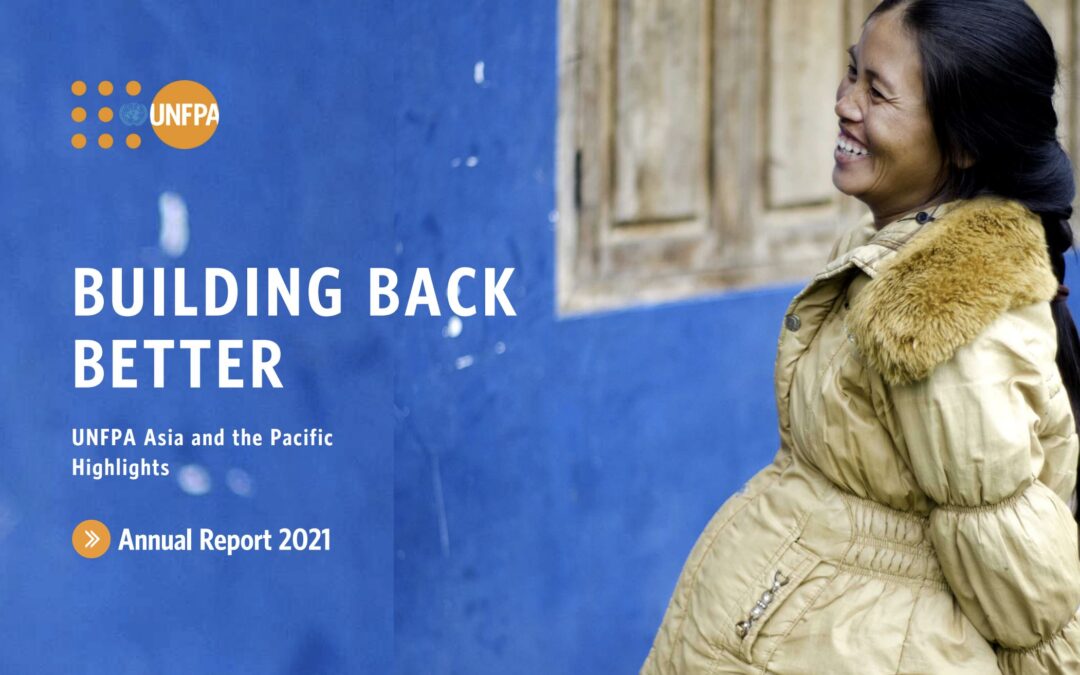
Annual Report 2021: UNFPA Asia and the Pacific
UNFPA across Asia and the Pacific outlining progress towards our transformative results of zero maternal deaths, zero unmet need for family planning, and zero gender-based violence and harmful practices against girls and women.

Guidelines for reporting violence against women
Guidelines for evidence-based media reporting on violence against women and their children. Australian National reporting guidelines available. Victorian (state of Australia) reporting guidelines also available.
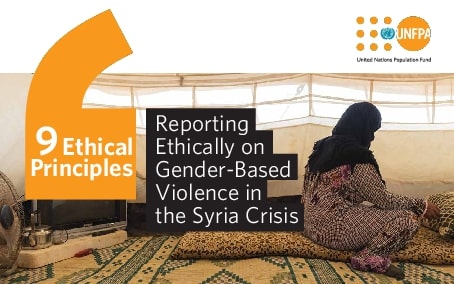
Nine Ethical Principles: Reporting Ethically on Gender-Based Violence in the Syria Crisis
Provides a guide on how to ethically approach reporting GBV during the Syrian Crisis (may provide insight into how to report in other crises)
